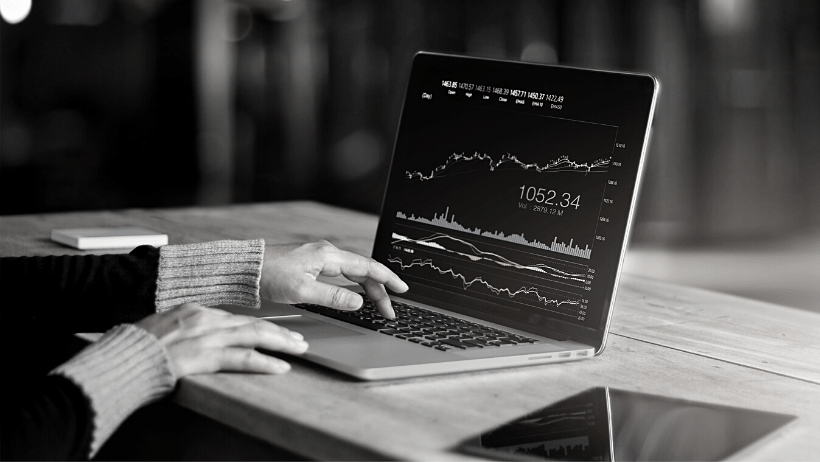Stocks can only be bought and sold if they are listed on the TTSE.
To become listed, companies must have in excess of 50 stockholders and they must comply with all regulations as required by the TTSE.
The companies that are listed on the Stock Exchange encompass various sectors including Banking, Non-Banking Finance, Trading, Manufacturing, Conglomerate, Property and Non-sector companies.
It is important to note that investments, particularly investments in the stock market bring with it risk. There are, however, measures which can be implemented to mitigate such risk.
One such means is by having in-depth research on the companies in which you are investing. Bourse Brokers Limited and Bourse Securities Limited’s Investment Team can provide useful research and therefore assist you in making the best investment decisions.
Some information contained above has been taken from the Trinidad and Tobago Stock Exchange Website. For more information, please visit: https://www.stockex.co.tt








